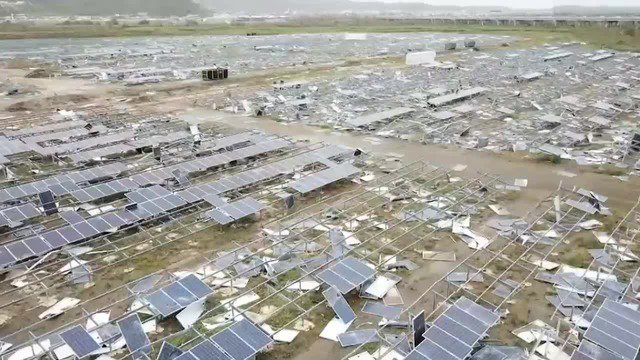I am against taxpayer funded subsidies as a matter of general principle. Subsidies mean the government thinks it knows how to use your money better than you do.
For example, I have a 100km return trip to work each day, and live in a remote area where petrol costs a third more than in Adelaide. But the state government still thinks I should be subsidising the travel costs of people who live in Adelaide, pay less for petrol, and travel 10 kms to work.
I’m sure that makes sense to someone. Well, any politicians whose voters live in Adelaide.
Now the federal government is using your money to pay for set top boxes at $350 each for people on government benefits. This enables them to receive digital TV broadcasts on their old analog set.
High definition set top boxes retail for about $100. You can buy a new digital TV for $300.
I’m sure this amazing plan makes sense to someone.
Probably the same people who decided it would be fair to take your tax money and give it to people who wanted solar panels on their roofs. And then use your tax money to pay those same people twice as much for the electricity they generated through the panels you paid for as the power companies could sell it for – leaving you to pay the difference in increased power bills.
Not only was this dumb to start with, the contractors who put these panels in appear to have performed with the same level of diligence as the blokes who contracted to put dodgy insulation in pensioners’ roofs at your expense. In other words, stuff all, except when it came to collecting the cheques.
Now National Electricity and Communications Association chief executive James Tinslay has called for a nationwide review of solar panel installations after revelations that 5 per cent of those in Port Macquarie in northern NSW contained potentially fatal flaws.
Mr Tinslay said botched solar installations put homeowners at risk of fire and electrocution, and a national audit would be likely to cost millions of dollars.
His comments follow reports that NSW Fair Trading inspectors who visited 55 solar installations in Port Macquarie in February found problems with 16 sites — three serious.
Thirty-five out of 40 installations audited were found not to comply with the Home Building Act.
Pretty much as expected, then, based on past performance.
Fortunately this particular rort is likely to come to an end fairly quickly, as governments realise they face an electoral backlash over increased power bills caused largely by the payment of exorbitant feed-in tariffs to owners of solar panels. State governments plan to cut feed-in back to levels which are still unrealistic, but which will cost taxpayers less.
But the graspers are not going to go down quietly. The solar panel industry is having a hissy fit, with claims thousands of jobs will be lost.
They are brilliant at grasping the subsidies. One thing they don’t seem to grasp is that the money to pay for those subsidies is taken from ordinary people and businesses who if they still had that money, would be able to employ people to do something useful, productive, worthwhile. Every government, or government subsidised job, costs nearly two jobs in the private sector.
The solar panel industry are as much a bunch of carpet-baggers as the insulation and set top box boys. Although with the government dishing out money for these loony schemes you can hardly blame people for stepping up to take their share.
But I am two minds about householders who signed up for solar panels.
They must have known, or should have known, that their cheap panels and high feed-in tariffs were being paid for by other taxpayers. However, if state governments have really entered into contracts with them for tariffs at a certain level, those contracts should be honoured – even though they should never have been put in place.
Governments must honour their contracts. There can be no confidence for anyone if they don’t. Even in this case, darn it!



